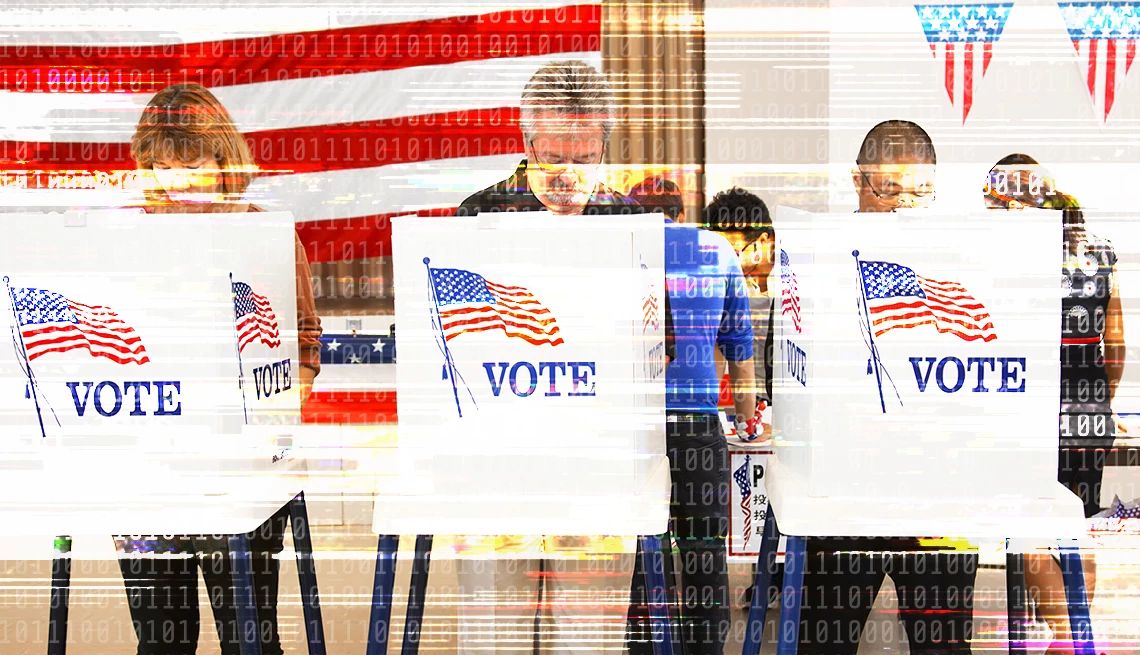
- Select a language for the TTS:
- UK English Female
- UK English Male
- US English Female
- US English Male
- Australian Female
- Australian Male
- Language selected: (auto detect) - EN
Play all audios:
Described as a "Yelp" for human beings, the upcoming launch of rating app, "Peeple", has got the Internet up in arms, and one tech firm has unintentionally been swept up
in the controversy. A U.S. startup has invented a home security device that attaches to a person's front door peephole, relaying images to smartphones or PCs. Its name? Peeple. There is
a confusion emerging online between rating app, Peeple, vs. tech startup and its device, Peeple (right). Bloom Productions/Getty Images and Peeple The security gadget won second place in a
TechCrunch competition in January, and since then the company has thrived, having generated $90,164 on Kickstarter from 637 backers, almost doubling its target. This week, U.K. retailer,
John Lewis, awarded Peeple £100,000 ($150,500) in funding, and a contract to sell its products in its department stores. Amid all the celebration came Peeple, the app where members can give
star ratings to people they know without their consent. Plus users can invite anyone to the service, with its terms and conditions (currently) preventing people from opting out. The founders
however have said they will pre-screen for any negative abuse. "We want to make sure people understood that we weren't those other 'Peeple'. As we (tech's brand)
have already been out there, when people do a search they often see us first," Chris Chuter, CEO and co-founder of tech startup, Peeple, told CNBC over the phone. Internet of Things:
Peeple tells you who's at the door On Friday, Chuter's brand still receives notifications about the app, but this has declined significantly since the news broke globally on
Thursday. LEGAL While the app may be receiving a flood of complaints, the company announced on social media, that it's receiving 100 Beta Testers a minute signing up, demonstrating how
big this story has become. Consequently Chuter and his team have been working hard to get the story straight. "We have taken the steps long ago to make sure that we protected our brand
and name. Right now, we are doing everything we can to clear up the confusion." When asked about legal proceedings, Chuter declined to comment. Europe’s nine hottest tech firms right
now Already the security product has a 20 year registered trademark within the U.S., covering both name and product. Peeple the app, however filed a trademark in Canada around the same time
as Chuter's company did. However, the app's trademark appears to currently have a suspended status. The app company has not been in contact Chuter's business. As the Peeple
app is a "people reviewer", there's potential for defamatory statements to emerge. The app claims to have two barriers of prevention, firstly a user-agreed terms and
conditions, and secondly a 48 hour "mediation" period between reviewer and reviewee. "Under section 5 of the UK Defamation Act 2013, a website operator has a complete defence
if it can show that it did not post the defamatory statement itself but merely hosts user-generated content. Peeple could rely on this defence," Nathan Capone, dispute resolution lawyer
at Fieldfisher, said in a note. However, as Peeple isn't UK-born, it isn't subject to UK jurisdiction, Capone argues, that the only response a reviewee could take would be legal
action against the reviewer, if the review is not removed. Is there a science to going viral? Chuter however retains his brave face. "The future's bright," said Chuter, adding
that while working on the product over recent years, the last few months have been momentous. "We've really turned into a global company. We now have a John Lewis partnership,
which is a very well respected retail partner." BLESSING IN DISGUISE? As the saying goes "there's no such thing as bad publicity." While the app company may have sign
ups, the tech firm is receiving positive recognition about its product, with twitter users flocking to the page to show their support. TWEET TWEET TWEET As people discover it's a case
of mistaken identity, Chuter says the support and kind words have been really heart-warming during this time. As cases of mistaken identities go, Chuter hopes the event will blow over and
show the world what their product can really do. "We have a device that we think that people around the world will love." _—By CNBC's Alexandra Gibbs, follow her on Twitter
__@AlexGibbsy._







